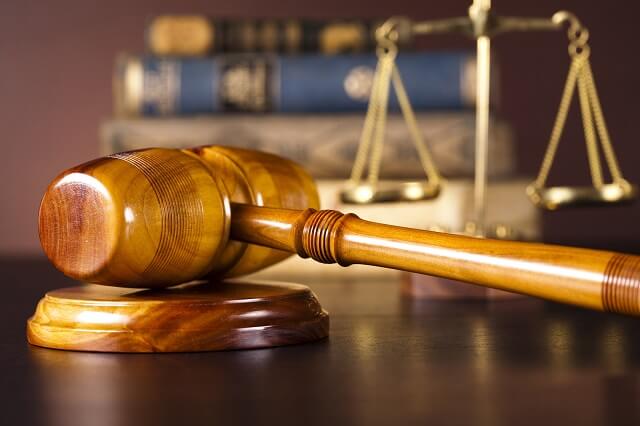
The purpose of criminal procedure is to protect both the innocent and guilty from the indiscriminate application of substantive criminal law and from arbitrary or abusive treatment at the hands of law enforcement, the court or other members of the judicial system.
Here is a brief overview of the main stages of criminal prosecution as established by the rules and regulations governing criminal procedure:
Criminal Prosecution is often divided into two parts:
- Investigation
- Adjudication
Investigation
A criminal investigation ordinarily begins when a police officer, on the basis of his or her own observations and/or those of others (such as an informant), comes to believe that a crime is being committed or has already been committed. The investigative stage typically involves the following steps:
- Search and Seizure
- Interrogation
- Identification
- Arrest
- Booking
- Bail
Search and Seizure: At this stage, police officers use various methods to investigate crimes and track down evidence.
Interrogation: The police interrogate suspects and witnesses to build the state’s case.
Identification: The police endeavor to identify the suspect as the perpetrator by conducting lineups, showing photographs of potential suspects to witnesses, taking handwriting and voice samples, and by other means.
The Arrest: The Judge issues an arrest warrant to the law enforcement agency who will be responsible for arresting the suspect, after which the individual(s) alleged to have committed the crime will be taken into custody. The arrest usually takes place when the police and state prosecutor believe that they have gathered enough evidence to convict the suspect of a crime, whether they have completed their investigation or not.
Booking: This refers to the formal procedure of registering the suspect into police custody and entering the charges against them. This includes:
- Recording the suspect’s personal details
- Taking their fingerprints
- Confiscating personal property
Bail: Bail is money or other security that a person who has been arrested provides to the court to ensure that, once they are released, they will return to stand trial. At this stage, the judge will set the suspect’s bail, and he or she can post this amount in cash (or a cash equivalent) to secure his or her release from police custody until it is time to reappear in court.
Adjudication
Adjudication begins when the state commits itself to put a suspect on trial for his or her alleged crimes and includes the following stages:
- Issue of Complaint
- Arraignment
- Plea Bargain
- Preliminary Hearing
- Pretrial Motion
- The Trial
- Sentencing
- The Appeal
Issue of Complaint: A complaint is a written statement of the facts constituting the crime for which the suspect is charged.
Arraignment: This is usually a criminal defendant’s first appearance in court or before a judge on a criminal charge. This is also the stage at which the defendant enters a plea of guilty or innocent and receives his or her next court date.
Plea Bargain: A plea bargain is an agreement between the suspect and the state prosecutor that entails the defendant pleading guilty in exchange for some concession from the prosecutor, such as a reduction in the charge or a lighter sentence.
Preliminary Hearing: This is a hearing that takes place prior to the trial in which the judge decides whether or not there is sufficient evidence to force the suspect to stand trial for the charge.
Pretrial Motion: Here motions are made in order to, amongst other things, suppress evidence or dismiss the trial before it actually begins, typically due to a violation of the defendant’s rights during a previous phase of the criminal process, or for lack of evidence.
The Trial: During the trial, each side will have an opportunity to present its case to the court, after which the defendant’s guilt or innocence will be decided by the jury.
Sentencing: This is the phase following the trial, in which a person who has been convicted of a crime (either by entering a guilty plea, a plea bargain, or by a jury verdict) will have the appropriate punishment for their crime determined and pronounced.
The Appeal: Once an individual has been convicted of a crime, he or she may appeal to a higher court to have it review certain aspects of the case for legal errors in his or her conviction or sentencing.
Free Consultation: New Mexico Criminal Law Offices
When you are charged with a crime, you have the right to be represented by an attorney at each stage of the criminal process. The outcome of your case (and your future) may very well depend on your choice of attorney. Contact the experienced and knowledgeable attorneys at New Mexico Criminal Law Offices in Albuquerque (505-375-4767) to guide you through the criminal process.

